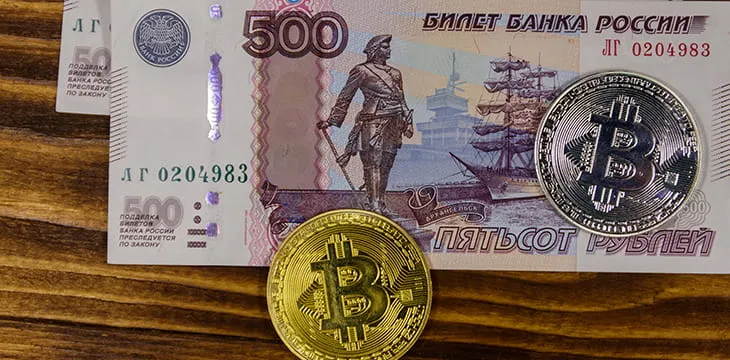|
Getting your Trinity Audio player ready...
|
Russian President Vladimir Putin has signed into law an order that will require all public officials to disclose their digital currency holdings. The officials must include digital currencies owned by their spouses and children, and must report by June 30, 2021.
Russia’s prosecutor general Igor Krasnov announced the new directive in October. As CoinGeek reported, Krasnov said that this would help the government curb corruption in the public service. The directive came over two years after Krasnov had told public officials that they didn’t have to report their digital currencies as the law didn’t recognize them as legal payment methods.
The decree requires the officials to report which digital assets they own, where they purchased them from and in what quantity. This includes all digital currencies, digital securities and utility tokens. Russians who apply for government positions will also have to declare their holdings during application.
The decree is the latest in a series of steps by the Russian government to rein in the digital currency industry. In October, the Bank of Russia published proposals that included setting a limit on the amount of digital currencies one can buy.
Non-qualified investors will only be able to purchase 600,000 ruble ($7,700) worth of digital currencies per year. For qualified investors, the cap is much higher. Qualified investors must have over $77,000 in net worth, hold a degree in economics or have a minimum of 2 years’ experience in financial services.
The proposals also imposed on token issuers the same regulations governing financial services providers.
Digital currency taxation is yet another area the government has been struggling to get ahead of. In October, the Finance Ministry proposed that any resident who had more than $1,300 worth of digital currencies must report it on their taxes. Violating this rule would attract a fee equal to 30% of the amount one received, no less than $650.
Just a month later, the Ministry revised this limit to $7,800.
Failure to pay one’s digital currency tax for three years in a row will be punishable by between six months to three years in jail, depending on the value of the digital currency stash.
See also: CoinGeek Live panel on Digital Currency & Global Compliance: Tools & Tips for Exchanges, Wallet & Other Service Providers

 07-01-2025
07-01-2025 





